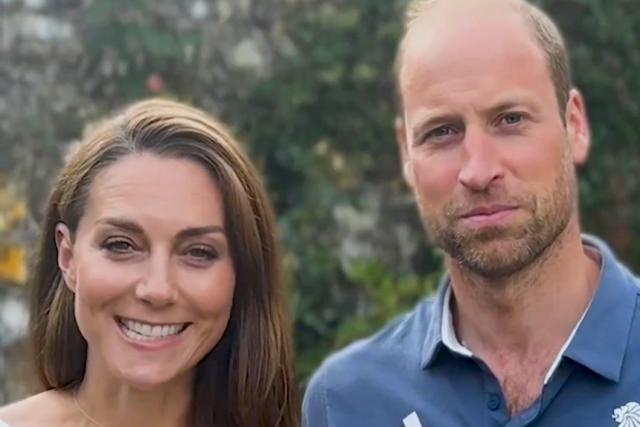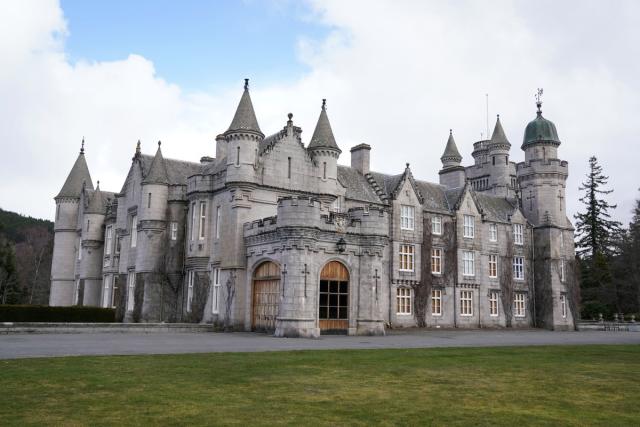Princess Katherine of Wales, who has been bravely battling cancer, has been honored with a groundbreaking new title as part of a series of recent royal developments.
King Charles III has conferred upon both Katherine and Prince William new designations that recognize their significant contributions to public service and their dedication to the royal family.
The newly created title for Katherine is the “Royal Companion of the Order of the Companions of Honor,” a distinction that marks a unique addition to the royal honors system, as no one has held this title before.
Meanwhile, Prince William has been appointed as the “Great Master of the Most Honorable Order of the Path,” a role previously held by King Charles himself.
This new recognition comes as the Wales family has traveled to the Balmoral estate in Scotland for their annual summer retreat. The trip holds special significance as it is Katherine’s first getaway since her public cancer diagnosis, making her presence a poignant symbol of resilience and hope for both the royal family and their supporters.
Amid these honors, there is ongoing discussion about the future of the royal family and its evolving roles. The current royal landscape is marked by a push towards modernization, with King Charles III introducing gradual changes. One point of discussion at a recent royal summit is how the Duke and Duchess of Sussex will fit into the royal framework over the coming decade. Discussions are expected to include their upcoming trip to Canada and the status of their titles and peerages. If Prince Harry were to lose his royal title, it would impact the titles of his children, Archie and Lilibet, although they would retain their Dumbarton titles.
The focus on new titles and honors has sparked some concerns among royal observers. There is speculation that such gestures might serve as distractions from deeper issues, including ongoing health concerns surrounding King Charles. Reports suggest that while the King’s cancer treatment is being managed well, there are noticeable signs of his struggle. Observers note that engagements are shorter and often involve last-minute travel arrangements, with the King arriving and departing by helicopter to minimize public exposure.
King Charles, who became the oldest British monarch upon ascending the throne at 73, faces the possibility of a shorter reign compared to his mother, Queen Elizabeth II. Should he live as long as his mother, his reign would fall just shy of 24 years, potentially limiting the number of jubilees and milestones celebrated during his tenure.
For Prince William and Princess Katherine, their formal investiture as Prince and Princess of Wales would be a major public event, akin to a trial coronation. This could serve as a unifying moment for the nation and a boost to the monarchy’s profile, particularly as the British economy and national sentiment seek positive markers. An investiture would not only symbolize the transition of power but also provide a morale boost following the challenging times faced by the royal family over the past five years.

Since their appointment in September 2022, following Queen Elizabeth’s passing, Prince William and Princess Katherine have not yet had a formal coronation ceremony. The potential for such an event would represent a significant step in their roles as the future King and Queen.
As the royal family navigates these complex issues, the dedication and resilience of Princess Katherine stand out. Her recent honors reflect not only her personal strength but also the respect and admiration she commands both within the royal circle and across the nation.

